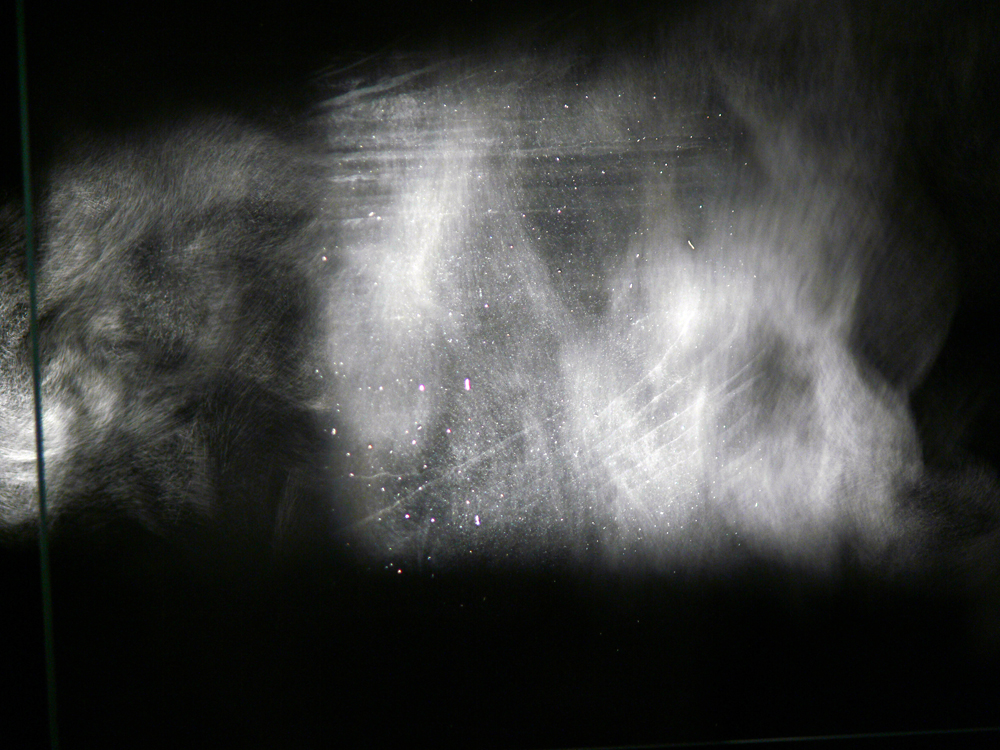
Tom Bruno
Tom Bruno
Bruno’s liberated improvisational approach stretches beyond the lyrical, tough as nails rhythmic bursts and expressive, swinging attack of his drumming.
Arika have been creating events since 2001. The Archive is space to share the documentation of our work, over 600 events from the past 20 years. Browse the archive by event, artists and collections, explore using theme pairs, or use the index for a comprehensive overview.

Bruno’s liberated improvisational approach stretches beyond the lyrical, tough as nails rhythmic bursts and expressive, swinging attack of his drumming.

A conversation of intergenerational trans-resistance and anti-racist fierceness between two of the most inspiring public speakers we know.
A talk entitled ‘The Conquest of the Universe’: which delves into the connections between the underground filmmakers and musicians in New York in the early 1960s

Heat-mapped bodies, found porn films, Korean psyche-folk, creepy police intrusion and self-defence.

Noise music for the eyes. A 6 screen 16mm projection performance of intense audio and visual stimulus.

A fully transcribed, described, and open-captioned film screening that’s nothing short of their actual open heart.

How do we gesture to the invisible, the trans or the obscure? A performative conversation between boychild and Fernando, a sharing of gestures, and a bodily back and forth between mathematician and dance artist.

The queer archiving of traumatic cultural memory from one of the leading voices working with queer archives.

Former street performer, organist, performance artist, circus performer, harpist, accordion player, tree surgeon and tricyclist performing solo.

“Introduction to Protactile Theory” is a legendary seminar that facilitator John Lee Clark has designed to bring diverse communities into conversation with the Protactile movement.

Elizabeth’s writing pulls apart toxic settler colonialism and the worldview used to justify it; working towards an alternative distribution of powers, so that ways of being otherwise can endure.

A collaborative performance where sound and image are created, performed and mediated by light, water and glass.